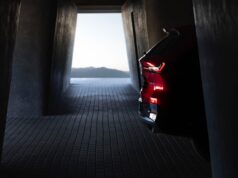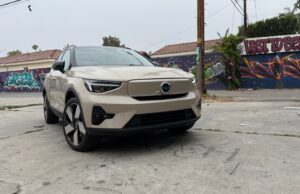Automakers like Ford and Hyundai have been pushing more turbocharged engines in their lineup as replacements for conventional engines, due to the turbocharged engines’ claimed MPG and performance gains, but Consumer Reports isn’t convinced.

Automakers like Ford and Hyundai have been pushing more turbocharged engines in their lineup as replacements for conventional engines, due to the turbocharged engines’ claimed MPG and performance gains, but Consumer Reports isn’t convinced. Automakers love to boast that turbocharged engines provide the power of larger engines, but deliver the fuel economy of smaller engines, but is it actually true? Consumer Reports claims that its own internal testing says otherwise.
“By now, we’ve tested many cars with these engines, and lots of competitors with traditional, naturally-aspirated powerplants, big and small. Generally, the turbocharged cars have slower acceleration and no better fuel economy than the models with bigger, conventional engines.”
Consumer Reports used the new Ford EcoBoost engines as an example. The 2013 Ford Fusion is offered with three gas powertrains and two hybrids. The conventional engines are a naturally-aspirated 2.5L and two turbocharged engines (1.6L and 2.0L). ” The smallest one–a 1.6-liter producing 173 hp–is a $795 option over the basic conventional 2.5-liter four cylinder on Fusion SE models. But that car’s 0-60 mph acceleration time trails most competitors, and its 25 mpg overall places it among the worst of the crop of recently-redesigned family sedans. ” Consumer Reports also sees disappointing results from the larger 2.0L 231-horsepower engine, which only achieved 22 mpg in testing, which is below the 25-26 mpg rating that the Fusion’s V6 competitors deliver.
Consumer Reports also doesn’t see any large gains with the turbocharged 1.4L engine in the Chevy Cruze, compared to the cheaper naturally-aspirated 1.8L engine. The only automaker that Consumer Reports says does deliver some positive results is BMW’s turbocharged 2.0L four-cylinder.
What do you think?








